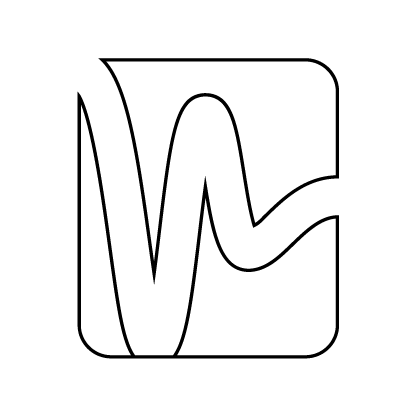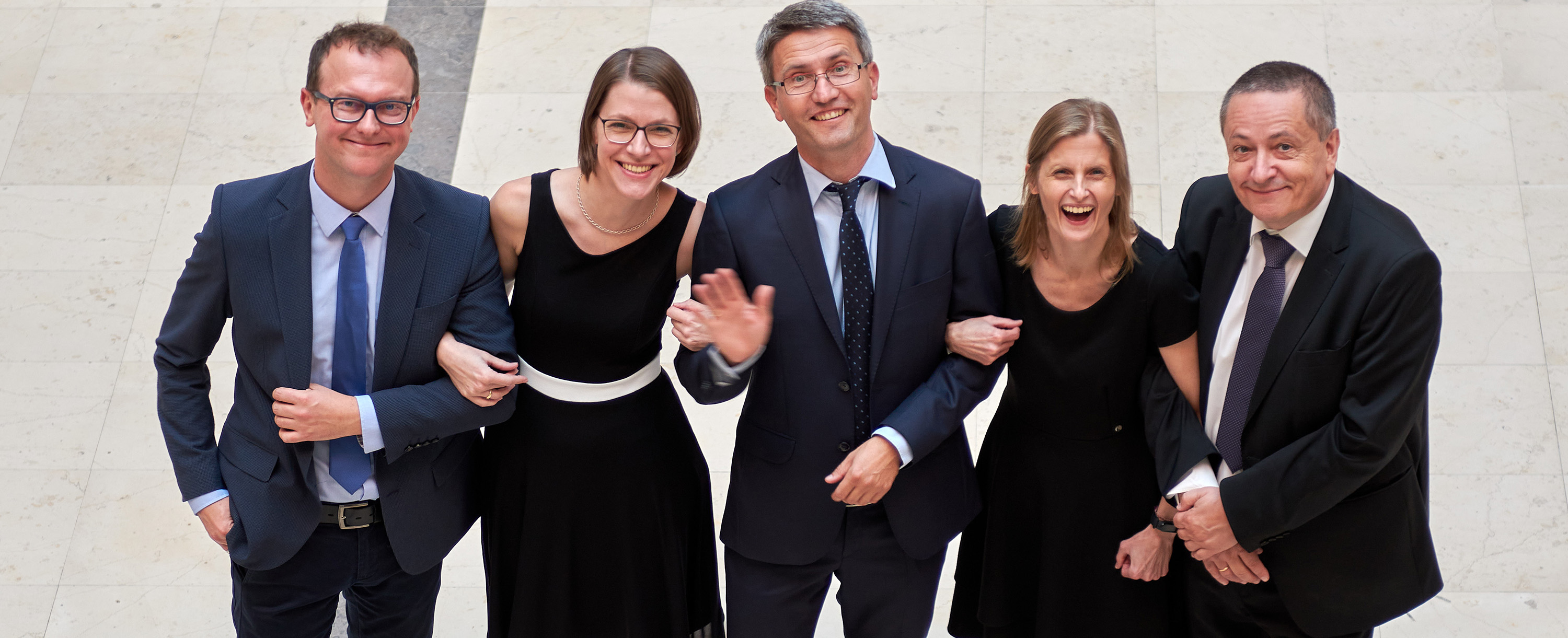Main Page » Staff » Job offers »
Postdoctoral Research Associate position in Experimental Heavy-Ion Physics within the AEGIS experiment
The successful candidate is expected to play a leading role in studies of synthesis of antiprotonic atoms at the AEGIS experiment at CERN.
Warsaw University of Technology (WUT) is a technical research university with traditions in education dating to the 19th century, being the oldest of its kind in Poland. It is a forward-thinking institution where high-quality education meets world-class research and innovation. WUT is ranked number one among all technical universities and number three among all universities in the country.
The Heavy Ion Collision Group at the Faculty of Physics at Warsaw University of Technology participates in the AEgIS at AD, ALICE at the LHC, NA61/SHINE at SPS in CERN, STAR experiment at RHIC, and HADES and CBM at FAIR. The AEgIS group at WUT consists of 5 staff members and a number of PhD, MSc, and BSc students doing their theses.
The AEGIS-WUT group specializes and coordinates the efforts of physics with antiprotonic atoms and searches of bound matter-antimatter states at different energies from very low (exotic atoms) to the highest energy frontier at the LHC.
The successful candidate is expected to play a leading role in studies of synthesis of antiprotonic atoms at the AEGIS experiment at CERN. Especially, its tasks will be oriented towards the production of cold proton-antiproton atoms (protonium). The work includes setting up fast radiation detection for sensing annihilation of antiprotons. The work requires frequent travel to CERN and other laboratories.
The successful candidate will be employed as a research assistant professor at the Faculty of Physics at WUT, within the project “Bound antimatter. Strong interaction of antibaryons in ALICE and AEgIS experiments at CERN”, funded by NCN (National Science Center), for an initial period of 12 months. The contract can be extended up to 24 months, provided a satisfactory outcome of the evaluation after the first 12 months.
Requirements
- Recent PhD in photonics, atomic, nuclear or particle physics focused on ions, exotic atoms, spectroscopy (to qualify, a candidate must have received a PhD in experimental physics within the last 7 years)
- Experience in exotic atoms physics or precision spectroscopy
- C++, C, ROOT, Python, LabVIEW
- Experience with experimental techniques and instrumentation of atomic, nuclear and particle physics
- Good presentation skills
- Good command of English
How to apply
Applications, reference letters, and/or any questions should be sent electronically to Prof. Adam Kisiel (Adam.Kisiel@pw.edu.pl) or to dr Georgy Kornakov (Georgy.Kornakov@pw.edu.pl). Please include the phrase 'postdoc AEGIS’ in the subject of your email.
Applications must include:
- a CV of a candidate,
- a brief statement of research interests,
- a list of talks and up to 5 most important publications (indicating the contribution of a candidate to those publications),
- two letters of reference, to be sent by referees directly to Adam.Kisiel@pw.edu.pl or to georgy.kornakov@pw.edu.pl
Selection process
The final choice of candidates will be made on a competitive basis, based on the assessment of research achievements, scientific skills, and an interview with the best candidates.
Please include the following statement in your CV:
„I hereby give consent to process my personal data included in the offer for the purposes of the recruitment procedure in accordance with the Personal Data Protection Act dated 29.08.1997 (Consolidated text: Journal of Laws of the Republic of Poland, 2016, item 922, as amended).”
Deadline for submission:
2023-04-15 23:59
Terms of employment:
Full-time employment contract for an initial period of 12 months with possibility of extension up to 24 months (provided a satisfactory outcome of the evaluation after the first 12 months)
Salary: approximately PLN 7490 per month (before taxes).
Additional information:
This position will be open until filled. To receive full consideration, applications should be submitted by April 15th, 2023.




